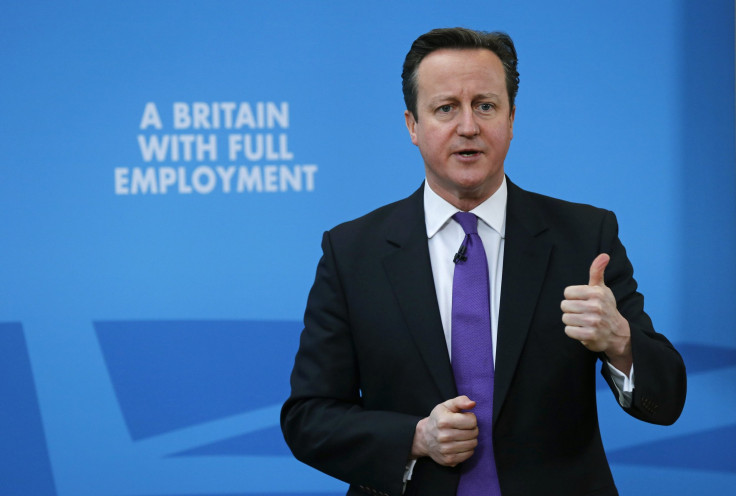David Cameron Defends Pickles' Letter To Muslim Community, Leaders Asking For Help In Stopping Extremism

British Prime Minister David Cameron said Monday he supports a letter to the Muslim community asking its members to fight religious extremism. The letter, authored by Communities Secretary Eric Pickles, was sent to Islamic leaders last week and encouraged them to "demonstrate how Islam can be part of British identity." It quickly came under fire for its "implication that extremism takes place at mosques," according to the Muslim Council of Britain.
BBC News reported Cameron rejected that idea. "Anyone who reads this letter -- and I've read the letter -- will see that what he is saying is that British Muslims make a great contribution to our country, that what is happening in terms of extremist terror has nothing to do with the true religion of Islam," he said. "It's being perverted by a minority who have been radicalized."
Pickles' letter was written in reaction to the recent attacks in Paris that left 17 dead and were allegedly carried out by Islamist radicals. Pickles wrote he was proud of England's response to the shootings but their journey was far from over, BBC News reported.
"There is a need to lay out more clearly than ever before what being a British Muslim means today: proud of your faith and proud of your country," he wrote. "We know that acts of extremism are not representative of Islam, but we need to show what is."
Critics said the letter was badly worded and implied Muslims weren't doing enough to stop the spread of radical values. In a letter of his own, Muslim Council of Britain Secretary-General Shuja Shafi wrote he rejects the idea "Muslims must go out of their way to prove their loyalty to this country of ours."
Instead, Shafi wrote, the U.K. must work with Muslims to combat the threat of extremism. Despite the letter's flaws -- among them, the fact that the Muslim Council of Britian did not receive it -- "I am extending our hand of friendship, dialogue and unity in the hope we can work together for the national interest," he said.
© Copyright IBTimes 2024. All rights reserved.






















